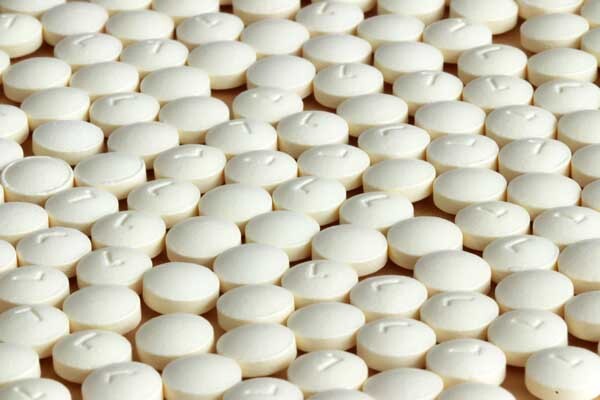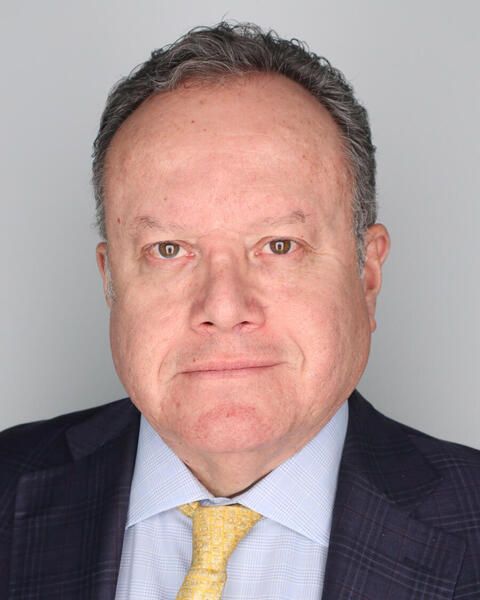Notifications

Keep America the most favored nation
By Rafael Fonseca
America has long been the world's "most favored nation" when it comes to drug development, innovation, and access to lifesaving medicines. Our patients are typically the first to benefit from new treatments. Our biopharmaceutical sector supports hundreds of thousands of jobs and fuels local economies nationwide. And the medical breakthroughs made here often ripple across the globe, improving lives far beyond our borders.
Still, some argue the system is unfair -- that Americans are footing a disproportionate share of the global bill for innovation. That growing frustration is fueling proposals that could do much more harm than good.
The White House's recent executive order proposing "Most-Favored-Nation" drug pricing aims to lower costs by tying U.S. drug prices to the lowest prices paid in other wealthy countries. On the surface, this might sound like common sense. But in practice, it would mean adopting the price controls used in foreign health systems. These systems limit access to new treatments and delay the arrival of cutting-edge therapies -- typically pricing them far below what they're truly worth.
If we want to remain the global leader in innovation, we need to set the pace -- not follow others. That means keeping a strong pricing system at home and using trade deals to push our allies to pay their fair share for the medical advances they rely on.
I've seen the stakes of this debate firsthand. In my own field of multiple myeloma, the impact of sustained innovation has been nothing short of transformative. When I began treating patients more than two decades ago, median survival was just a few years. Today, many patients are living well over a decade -- and some are being cured. That progress didn't happen by accident. It came from years of consistent research, investment, and a policy environment that rewards breakthroughs.
Rather than importing foreign pricing policies, we should focus on fixing inefficiencies and misaligned incentives within our own system.
We need to reform pharmacy benefit managers -- the little-known but highly influential middlemen who negotiate prices and administer drug coverage on behalf of insurers.
PBMs, insurers, and other entities collected approximately $170 billion in manufacturer rebates and fees on brand-name drugs last year. That translates to roughly 42 cents of every dollar spent on brand-name medicines going to PBMs, not the drugs themselves.
This isn't a scientific problem -- it's a structural one. And we can fix it.
Reforming PBMs should not be a partisan idea. It's a common-sense step that can redirect billions of dollars in hidden savings back to the patients who need it most. This fix would preserve our innovation pipeline while delivering more immediate relief than MFN pricing ever could.
There is a real opportunity here. If we stay focused on fixing what's broken, without undermining what works, we can turn this moment into a win for everyone.
Let's make sure U.S. drug pricing reform starts by solving our domestic challenges. The world looks to America for innovation. Let's lead with solutions that work.
Rafael Fonseca, MD, a practicing hematologist in Phoenix, has served as consultant to pharmaceutical companies. This piece originally appeared in Medical Economics.

At Desert Local News, connections are everything. We're not just another social networking platform—we're a lively hub where people from all walks of life come together to share stories, spark ideas, and grow together. Here, creativity flourishes, communities grow stronger, and conversations spark global awareness.
Comments